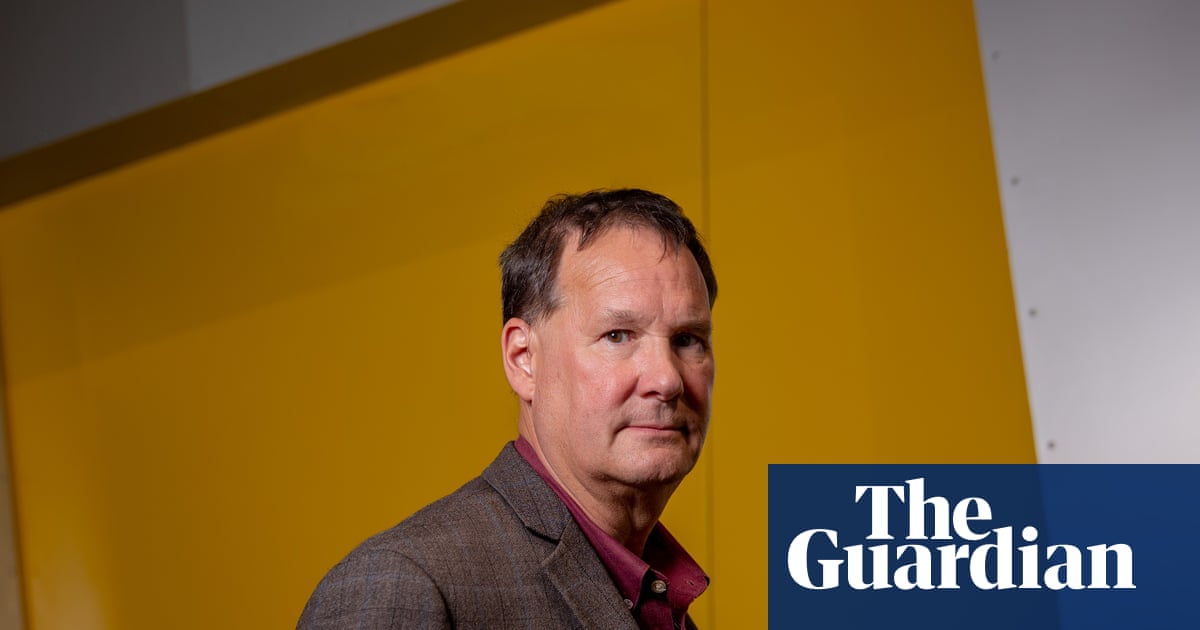AI Generated Newscast About Quebec's $7 Billion EV Battery Project Collapse!

What do you do when a $7 billion dream turns into a $510 million disappointment? The Quebec government is grappling with this bitter reality as it officially pulls the plug on the Northvolt electric vehicle battery project near Montreal—once hailed as the largest private investment in the province's history.
On September 2, 2025, Quebec's Economy Minister Christine Fréchette made the announcement, revealing that the government had poured $510 million into this ambitious venture, only to watch it crumble under financial strife. The plan to create a state-of-the-art battery factory was initially met with great enthusiasm, but the excitement fizzled out following Northvolt’s parent company filing for bankruptcy in March.
The Quebec government had extended a lifeline of up to $2.9 billion in funding, while the federal government committed an additional $4.4 billion. Yet, despite these massive financial injections, construction never even began. Fréchette’s statement was clear: “Since the company did not present a satisfactory plan with respect to Quebec’s interests, we are asserting our rights to recover the maximum amount of our investment.”
In a bid to recuperate funds, the province is now navigating a complex legal process to reclaim a $240 million loan tied to land purchases for the plant. The government filed court documents under creditor protection legislation, aiming to ensure they’re well positioned to recover their debts in the unfolding saga.
Despite the setbacks, Fréchette insisted that this failure is not indicative of the future for Quebec's battery industry, which she claims remains vibrant. “Our sector is very much alive with several companies active in this ecosystem,” she reassured the public. With nearly 3,000 people currently employed in battery factory construction in Bécancour, hope is not entirely lost.
However, criticism has flown in from various corners, including Liberal Leader Pablo Rodriguez, who labeled the project mishandled, suggesting, “We’ve put all our eggs in one basket. It’s a failure both in terms of planning and execution.”
Meanwhile, American battery startup Lyten, which recently acquired Northvolt’s assets, expressed interest in reviving the project but cited the need for more government funding—something Quebec was not willing to provide. “We have been clear with our desire to acquire the site to build a North American gigafactory,” said Lyten’s CMO Keith Norman. "If given the opportunity, we would be happy to work with the Quebec government to develop the site.”
As we watch this story unfold, one thing is clear: the ambitious dream of Northvolt will serve as a cautionary tale about balancing optimism with practicality in the fast-evolving world of electric vehicle technology.


















